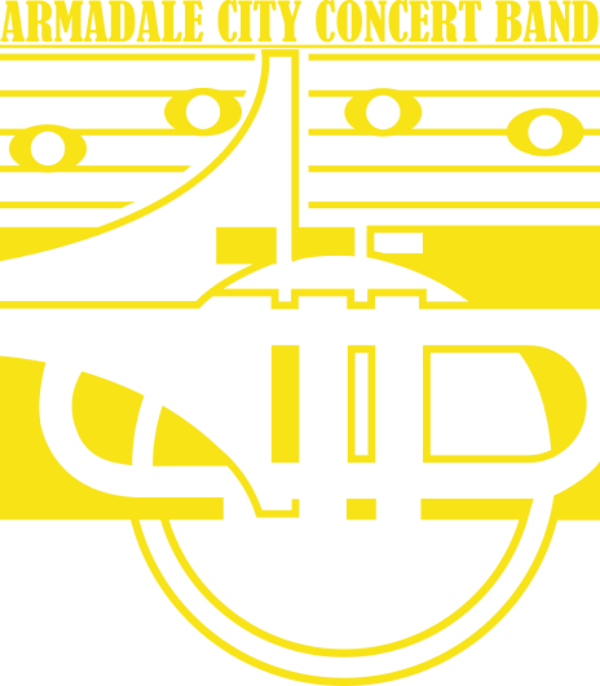I always remember one of my high school music teachers describing sheet music as a map. It will guide you exactly to where you need to go next and tell you how things should sound on the way. This year we are taking things one step further and are using our music as an actual map to get us to Tasmania (in a way. And once we're there I'm sure an actual Tasmanian street directory would be more practical, if less whimsical).
As you already know I'm talking about the National Band Championships being held in Tasmania this year and which we are participating in six very short weeks (let the nail biting commence!). Of course before we get there we have to get very good at following our maps and not randomly jump off the main road and frolic on the roadside (and unless you're some kind of woodland creature, no one wants to see that anyway).
In some ways people may perceive performing in a concert band as relatively easy. After all there is a certain safety in numbers. Of course this does mean you have way more people relying on you. Which is terrifying in its own way. And then, of course, is the sheet music sitting on the stand right in front of you, kind of like you've wandered into an open book exam. All you have to do is follow your map and play the notes written down in front of you. Yet it's not as straight forward as all that.
At the moment we are concentrating on our competition pieces (obviously). All of them have their own challenges. A couple of them appear to have so many notes, all crammed into the one bar that you can barely see the staff for the notes. Of course, when you're playing, you're doing so much more than playing the notes (though that is a large part of it. And making sure you play the right ones and not one that's just nearby). You've got to follow the tempo and timing, so each note rings out when it's supposed to (and that you're silent when you're supposed to be too). You've also got to concentrate on your tuning so that you blend in with the ensemble and don't stick out (unless you have a solo line, in which case you totally have to sail out across the ensemble and rock it). You need to watch your dynamics (including making sure they are actually there!) otherwise the piece loses a lot of its musicality. You need to watch your breathing, again for musicality and expression but also for not falling into a dead faint due to lack of oxygen. Through all of this you are also watching the conductor, who is helping tie all this individual effort together so the audience isn't blasted with a cacophony of sound.
It's a lot to take in and a lot to concentrate on. So you practice and practice and then practice some more. You follow your map, make notations for the little twists and turns that seem to fall right out of your head. And when it finally feels like you've got it, when you're playing the right key signature, the right accidentals, the right dynamic, your tuning is on point and your breathing is under control, you do a bit more practice. And then a little more, just to be sure. And then you finally get to perform.
Like all the great things in life, the time spent preparing far outweighs the time spent enjoying the final product. But all this preparation, all this repetition of the same four bars until you get it is worth it, once you step onto that stage and begin to play. Because if you have practiced enough, you might be lucky enough to do all these things without thinking. Because you just get swept away by the music. Playing feels effortless and you're completely in the moment.
That's one of the incredible things about music. We can all follow the same map, yet end up somewhere entirely different and unique but still complement those around us. And that's the moment you work for.

